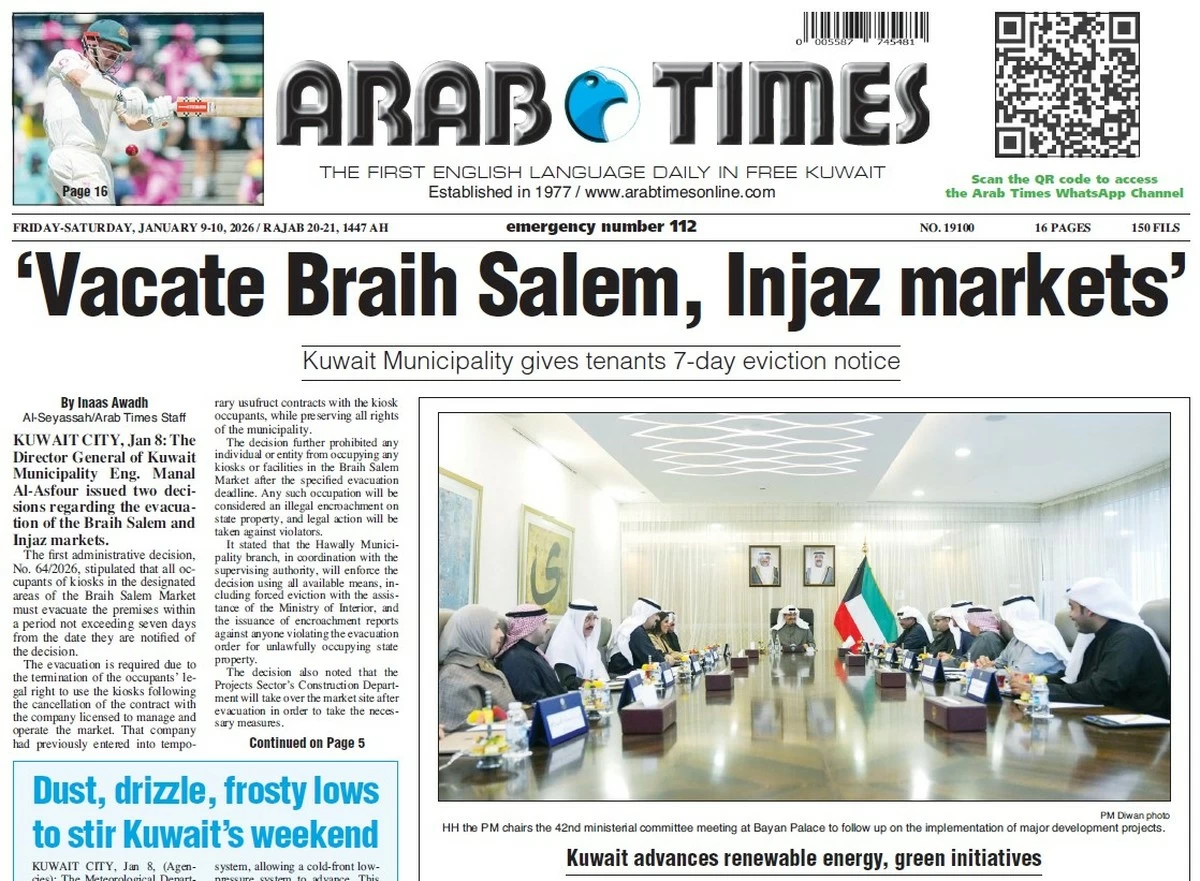For many expatriate women in Kuwait, renting a home without their husband’s presence can seem complicated — but legally, it isn’t. The law supports working women with valid residency and attested marriage certificates to rent apartments in their own names, ensuring that their family status remains recognized even if their spouse resides abroad.
Dear Arab Times,
I would like to inquire whether Kuwaiti law allows a mother to have a rental contract issued in her name in cases where her husband is not a resident of Kuwait. I have an attested marriage certificate from both Kuwait and my home country, and I can also provide a copy of my husband’s passport if required.
Some building caretakers (haris) do not consider us a family, even though I am living with my child. Could you please clarify how rental agreements work in such cases, specifically when the father is a non-resident, but the mother is a working woman residing in Kuwait with her daughter?
1. Who Can Sign a Rental Agreement?
In Kuwait, the tenant named in the rental contract must hold a valid residency (civil ID) and a work permit.
Since your husband is not a resident of Kuwait, he cannot legally be the contract holder.
As a working woman with valid residency, you are eligible to sign the rental agreement in your own name, regardless of your husband’s residency status.
2. Marriage & Family Recognition
Because you already have your marriage certificate attested by Kuwait and your home country, that document legally proves your marital status.
You can also provide your husband’s passport copy if the landlord or authorities request it.
In most cases, this is sufficient to establish that you are a family, even if your husband is abroad.
3. Common Issues With Building Haris (Caretakers)
Sometimes, haris (building caretakers) may object to renting to women tenants, or to families where the husband is not resident, even though there is no legal restriction preventing you from renting.
The Haris often follow the landlord’s instructions or social perceptions, not the law. In such cases, dealing directly with the landlord or real estate office is better than negotiating with the haris.
4. Family Status in Housing
In Kuwait, landlords often distinguish between “family flats” and “bachelor flats.”
As long as you are a working woman with your child(ren) and can show attested marriage documents, you are recognized as a family tenant under the law.
The father’s non-resident status does not legally prevent you from being recognized as a family household.
5. Practical Advice
When renting, insist that the contract be issued in your name (since you are the resident).
Keep copies of your marriage certificate and your husband’s passport to avoid issues with authorities or nosy caretakers.
If a haris refuses, ask to speak directly with the building owner or real estate office, who usually has the final say.
Conclusion
Yes, you, as the mother and resident worker in Kuwait, can legally take a flat rental contract in your own name. The absence of your husband’s residency does not disqualify you, provided you can present your attested marriage certificate and your residency documents.
For more legal queries, visit our legal clinic section. If you have new queries email us at [email protected]



